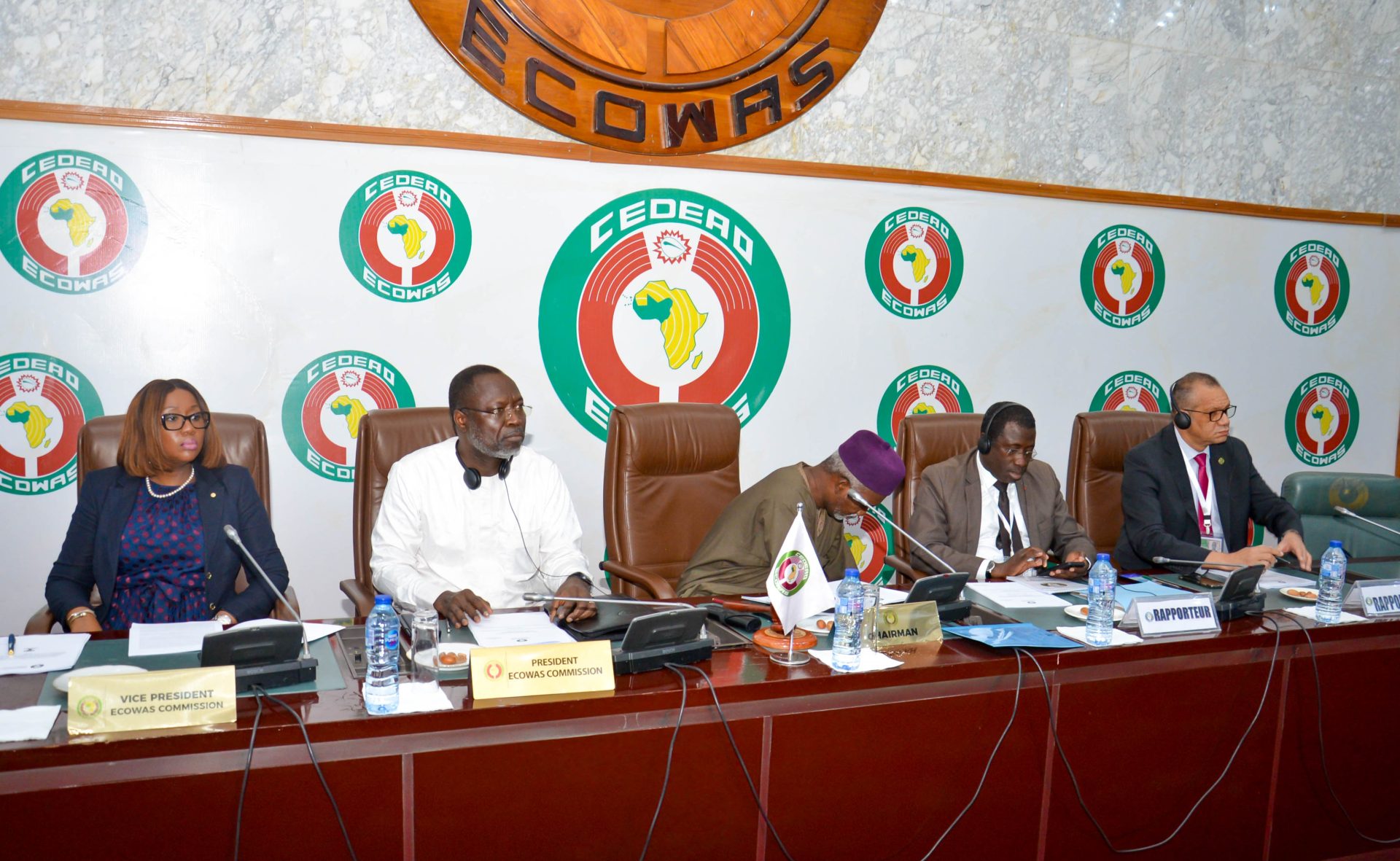
ECOWAS Launches Digital Platform to Boost West Africa’s War on Drug Abuse
ECOWAS creates a digital platform to improve regional response to substance addiction and public health issues and to fortify drug data gathering.
By creating a comprehensive digital platform that will act as a centralized system for data input by national focal points and improve the West African Epidemiology Network on Drug Use (WENDU) project, the Economic Community of West African States (ECOWAS) Commission has taken steps to combat drug abuse in the West Africa subregion.
At the 2024 Report Validation Workshop of the West African Epidemiology Network on Drug Use (WENDU) in Abuja, Professor Fatou Sow Sarr, Commissioner, Human Development and Social Affairs, ECOWAS Commission, announced the start of the procedure.
Through Dr. Daniel Amankwaah, the ECOWAS Commission’s Head of Drug Prevention and Control, the Commissioner of Human Development and Social Affairs officially opened the workshop and stated that the WENDU is a top priority for the ECOWAS Commission.
According to him, the creation of this platform demonstrates ECOWAS’s dedication to bolstering regional collaboration in the fight against drug abuse and its repercussions, which will enhance public health and security throughout West Africa.
In order to provide a more coordinated and successful regional response to drug-related concerns, he stated that the platform is intended to be a strong, safe, and user-friendly system that meets the various needs of its users.
He went on to say: “We are starting the validation of the 2024 medication data, which will be released in an unidentified Member State shortly. We anticipate your examination of the data to ensure that it accurately reflects what was transmitted. The resource persons have compiled the data. For evidence-based drug prevention and control initiatives to be improved at the national and regional levels, a reliable WENDU report is essential.
The ECOWAS Commission places a great deal of priority on gathering, compiling, and verifying WENDU statistics prior to publication. The purpose of this three-day program is to train WENDU focal points on new data collecting technologies and enhance their ability to gather, compile, analyze, and disseminate drug-related data.
“I can assure you that the ECOWAS Commission is fully committed to fulfilling its role in ensuring that the drug menace is effectively controlled, and it will keep working to that end with all Member States and Partners.” If we all work together, we can succeed. Accordingly, I hope that the training and validation of the 2024 WENDU data go really well.
“I agree,” stated Mrs. Henrietta Bakura-Onyeneke, Director of Narcotics and Drug Abuse at the Federal Ministry of Health in Nigeria. In order to address the changing nature of drug use and trafficking in our region, we must convene at a pivotal moment that calls for a renewed commitment and coordinated effort. In West Africa, the effects of substance use disorders—which are linked to social isolation, poverty, crime, and public health burdens—continue to provide serious obstacles to progress and stability.
She went on to say: “This workshop highlights the fundamental principles of WENDU: enhancing our regional ability to produce precise, timely, and useful data—data that not only illustrates the extent and trends of drug use, but also helps us to create well-informed, efficient, and long-lasting solutions.” To influence the direction of drug prevention and control in ECOWAS Member States, we must be able to establish robust, well-coordinated national surveillance and reporting systems.
“Over the course of the next three days, we will work to validate the 2024 WENDU regional report, making sure that the information sent by our committed National Focal Points accurately reflects the facts on the ground, including drug seizures, arrests, treatment admissions, and new trends. Additionally, we will make investments in capacity building, providing our focus points with new instruments and techniques to enhance data gathering, analysis, and distribution.
This is a call to action—a regional necessity to safeguard our communities’ health, safety, and well-being—rather than merely a technical exercise, she stated. In tackling substance abuse and illegal drug trafficking throughout ECOWAS, let’s take use of this chance to work together, learn, and fortify our shared determination.
All Categories
Recent Posts
Tags
+13162306000
zoneyetu@yahoo.com



